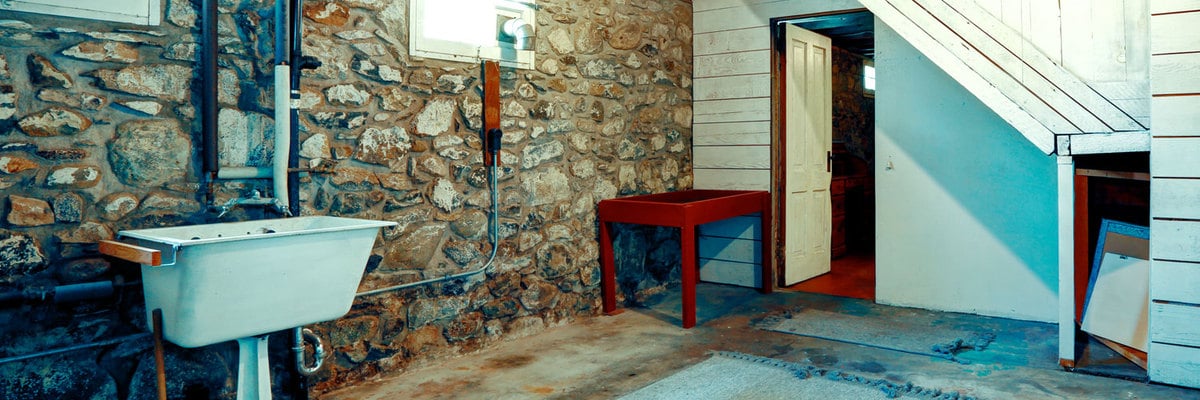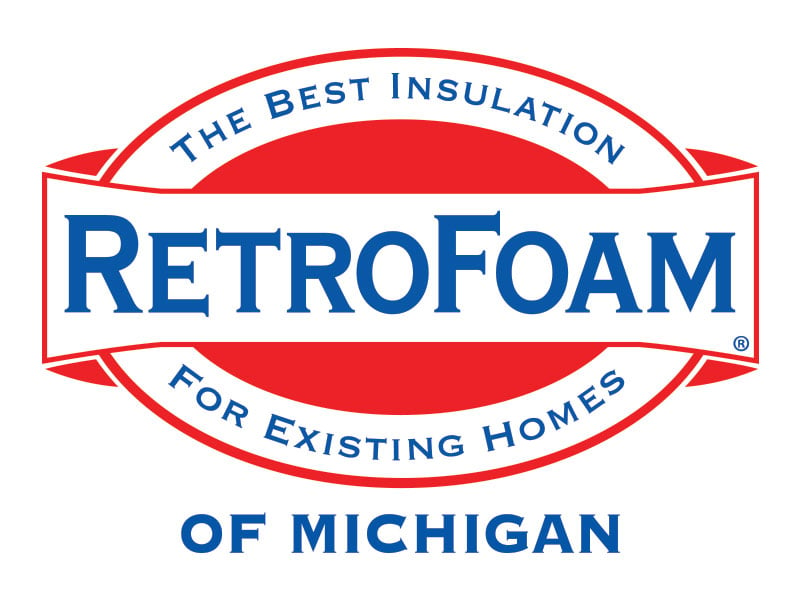How to Insulate a Michigan Basement


Living in the Mitten, I am sure most people have heard of a Michigan basement and a good majority of older homes here have one.
Michigan basements often times are cold, damp spaces and that really limits its uses.
You can fix this though, just by adding the right insulation.
With my experience here at RetroFoam of Michigan as a project manager and my experience as a licensed builder, I have helped numerous homeowners switch their Michigan basements from an unusable space to a conditioned space in the building envelope.
When adding insulation to your Michigan basement your options include open cell spray foam, rigid foam board, and closed cell spray foam.
In this article, I want to address a common challenge that comes with having a Michigan basement, how they can be insulated, and how insulation can make it a conditioned usable space. I will also explain the different insulation options, along with the best option for insulating a Michigan basement.
What is a Michigan Basement?
Before we get into the insulating process, let’s start with answering what is a Michigan basement.
A Michigan basement is a crawl space that has been dug out into a basement. They are earthy spaces that are very damp with low ceilings. It’s typical that it’s hard to stand straight up in a Michigan basement without hitting your head on floor joists or pipes.
The floors can be exposed dirt, while the walls are typically stones, brick, or cinderblock.
This style of basement is found in older homes and started appearing around the 1920s as homeowners were looking for more storage space. Today Michigan basements are still used for storage, as well as storm shelters and laundry rooms.
Michigan basements are notorious for having moisture problems, water leaks, and structural integrity issues.
There are a few different options when it comes to insulating your Michigan basement. Next, I will discuss the different insulation options so you can decide which one best suits your needs.
How to Insulate a Michigan Basement
When insulating your Michigan basement, the most common options are open cell spray foam, rigid foam board, and closed cell spray foam.
Let’s look at each material and how it is installed.
Open Cell Spray Foam Michigan Basement Insulation
Open cell spray foam insulation can be a good choice for your Michigan basement if it is used mostly for storage and mechanicals.
Applying 3-inches of open cell spray foam will provide you with an air seal and a vapor retarder you will need and want. Basically, the air seal will prevent air from moving into and out of the basement and into your home. The vapor barrier is great for spaces where there is a high risk of moisture issues.
The spray foam is applied directly onto the stone or concrete walls.
The downfall of open cell spray foam being exposed in areas of high usage is its density. Open cell is a less dense material, which means it isn’t as durable when left to exposed.
The high expansion rate of open cell makes it great to get into all of the voids, but it will still let water permeate through it.
Rigid Foam Board Michigan Basement Insulation
Rigid foam board insulation is the do-it-yourself option.
Unlike the spray foam options, the foam board won’t just stick to where it is applied. You will need a quality construction adhesive that will bond to the wall surface and the underside of the floorboards.
Foam board can be cut so it fits in the space where you plan to install it. Cut and install the foam board on all the walls using plenty of adhesive to ensure proper bonding.
After the board is installed, you should fill the seams with cans of foam, making sure there aren’t any gaps.
There are problems with this method.
Due to the stone wall surface being uneven, there is an adhesion concern. Even if you spray the cracks and seams with canned foam, you will still have air movement because of the gaps caused by the uneven walls.
The next concern is the cost factor of materials, along with the labor to install the foam board. Many times, when it is all said and done, the homeowner ends up not saving anything when compared to the next option.
Closed Cell Spray Foam Michigan Basement Insulation
The final and best option is closed cell spray foam insulation.
Applying 2-inches of closed cell spray foam will create an air seal and vapor barrier. An added benefit of closed cell is that it is rigid so it can be left exposed and is also watertight.
Much like the open cell, closed cell is sprayed directly onto the walls and onto the underside of the floor.
Many times, the structural integrity of the Michigan basement has taken a beating over the years. The density of the closed cell spray foam can give you added strength that the space needs.
One thing to keep in mind though – closed cell is great for keeping water out, but if you have significant leaks, those should be addressed first.
Choosing the Best Insulation for Your Michigan Basement
I hope this gives you the insight needed to make an educated decision on what method best fits your needs.
As always, you have options when it comes to insulating your Michigan basement. Some options like spray foam are permanent, and some are not.
Closed cell spray foam is a permanent choice, as foam doesn’t breakdown over time, and is the preferred product for a Michigan basement. It is the preferred option because it is moisture impermeable, it creates an air seal, and is durable enough to leave it exposed.
If you’d like to have us out to look at insulating your Michigan basement, give us a call at 866-900-3626 or fill out the form on our website to request a free, no-pressure estimate.
Related Articles
The Definition of a Michigan Basement (in Under 100 Words)
Can You Use Spray Foam to Stop Basement and Foundation Leaks?
About Jeff Thiel
Jeff brings his experience as a licensed builder and foam insulation installer with him to every home he visits. While he has years and years of experience, Jeff still likes to continue his education by learning new concepts in building science. On an average day, Jeff consults with homeowners who are considering foam insulation. He helps them by giving them all the facts based on their situation and addresses their problems accordingly. In his free time, Jeff spends time in the great outdoors with his son and daughter.


